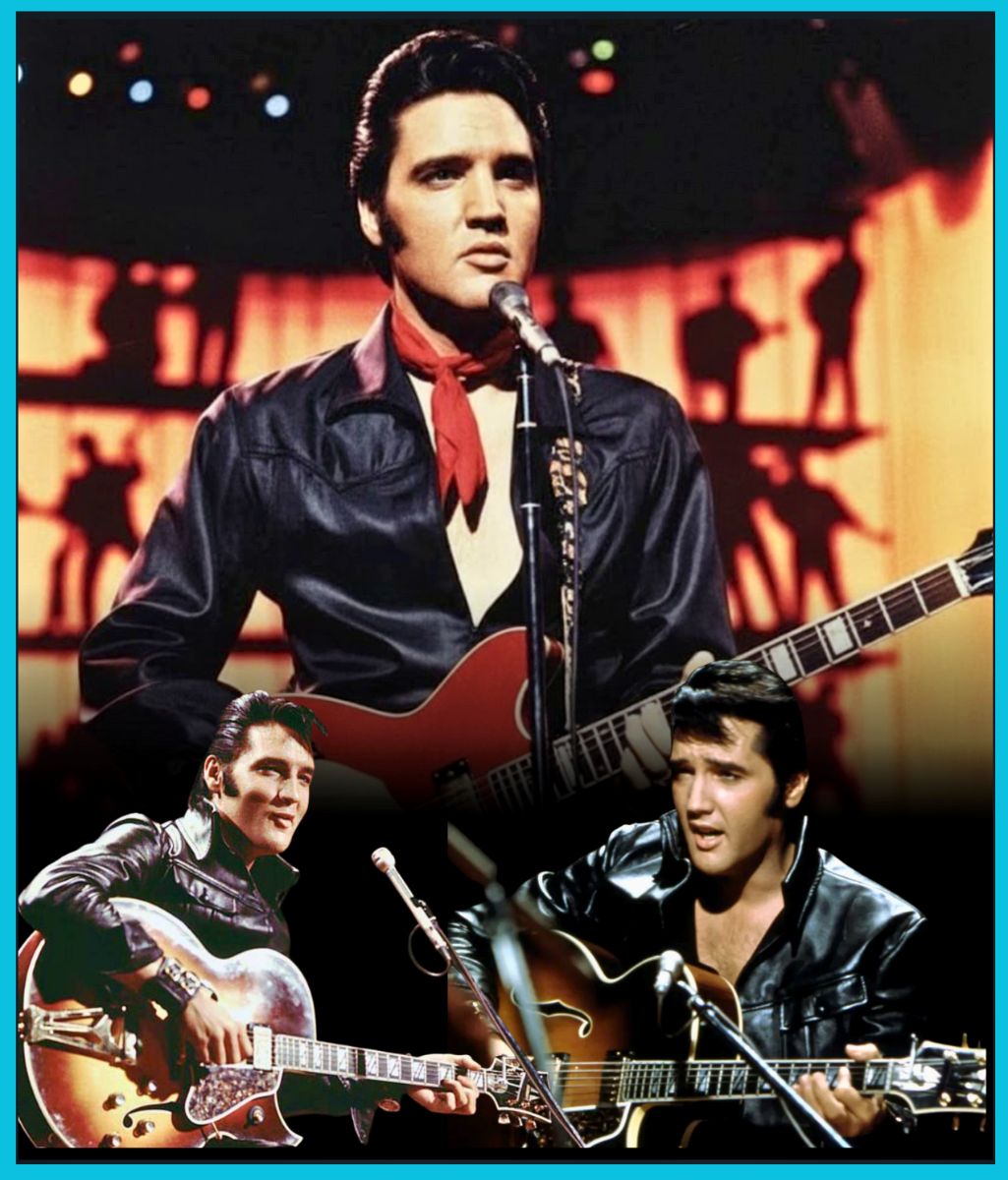
THE SOUND THAT CHANGED THE WORLD: How Elvis Presley Created Rock ’n’ Roll
It began with a sound — wild, restless, and unlike anything the world had ever heard. In the mid-1950s, when most of America’s airwaves were filled with polished crooners and gentle swing melodies, a young man from Tupelo, Mississippi stepped into a small recording studio in Memphis, Tennessee and changed music forever. His name was Elvis Presley, and what he unleashed that day would soon be called rock ’n’ roll.
Before Elvis, music was divided by genre and geography. Country belonged to the rural South, blues to the juke joints of the Delta, and gospel to the Sunday morning pews. What made Elvis extraordinary was not just his talent, but his instinct to bring those worlds together. He grew up hearing all of it — the lonesome twang of hillbilly ballads, the deep cry of Delta blues, the rhythmic pulse of rhythm and blues, and the soaring harmonies of gospel choirs. Those sounds didn’t compete inside him; they blended. And in that blending, a new language of music was born.
The story began in 1954 inside Sun Studio, a small brick building on Union Avenue in Memphis. Owner Sam Phillips had a dream: he wanted to capture the sound of the South — raw, real, and alive. When Elvis walked in to record a simple ballad for his mother, Phillips heard something different, something electric. During a late-night session, Elvis picked up his guitar and started fooling around with an upbeat version of “That’s All Right (Mama)” — a blues tune by Arthur Crudup. The room caught fire. Scotty Moore’s guitar riff danced, Bill Black’s bass thumped, and Elvis’s voice — that thrilling mix of country sincerity and blues grit — took over.
When the song hit the radio, Memphis exploded. Listeners called in, demanding to know who this singer was. They couldn’t even tell what color he was — his sound was that unique, that unbound by race or category. For the first time, America heard a voice that belonged to everyone.
By 1956, the movement had spread nationwide. Songs like “Heartbreak Hotel,” “Blue Suede Shoes,” and “Hound Dog” turned the polite world of pop music upside down. When Elvis appeared on The Ed Sullivan Show, shaking his hips and grinning that shy, dangerous grin, parents gasped — and teenagers rejoiced. Overnight, music had found its revolution.
But Elvis didn’t just invent a new sound — he embodied a new spirit. His music carried the swagger of the South, the sorrow of the blues, and the soul of gospel revival. Every performance was a collision of worlds: black and white, sacred and secular, rural and urban. Through his voice, America’s divided cultures found common ground.
Critics later called him “the accidental revolutionary,” but those who truly listened understood: there was nothing accidental about it. Elvis’s genius lay in his heart — in his ability to feel every rhythm he sang. He wasn’t copying anyone. He was channeling something bigger — something timeless.
As his fame grew, that same spirit carried him across the world. From Memphis to Las Vegas, from the Louisiana Hayride to Madison Square Garden, he brought the sound of the American South to every corner of the globe. The shy boy from Tupelo had become the symbol of freedom, expression, and passion itself.
More than seven decades later, the echo of that moment in Sun Studio still lingers. Every guitar riff, every backbeat, every rebellious lyric owes something to what Elvis sparked that night. Rock ’n’ roll didn’t just change music — it changed culture, fashion, language, and identity. It gave voice to youth, emotion, and individuality.
And at the heart of it all stood one man — Elvis Presley.
He didn’t just sing the music.
He became it.
